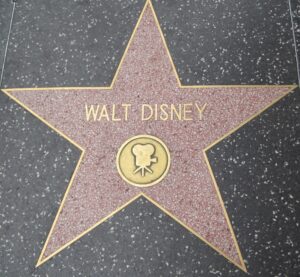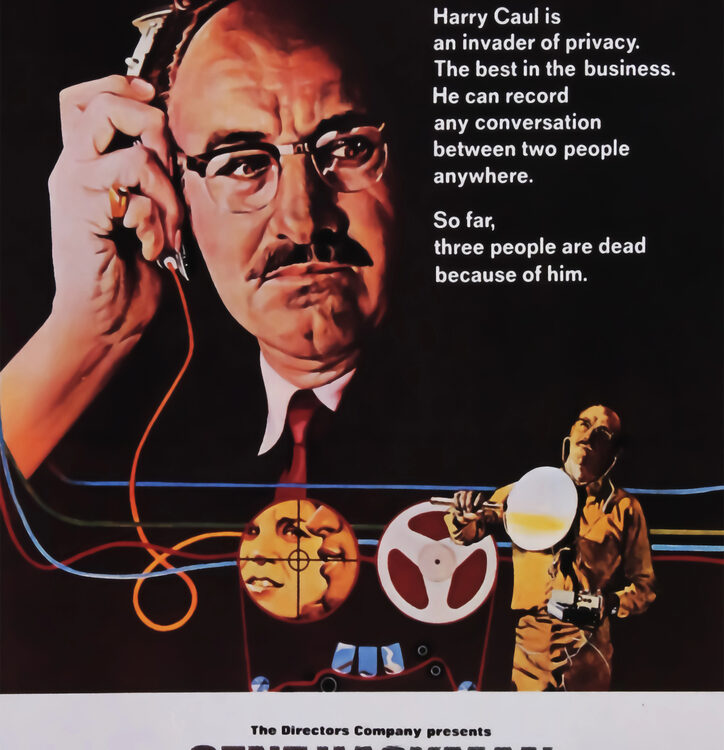Estate Planning During a Global Pandemic
January 10, 2021Former Zappos CEO’s Messy Estate Was Filled with Thousands of Sticky Notes
January 19, 2021Before Walt Disney died in 1966, he probably couldn’t imagine that his grandchildren would be fighting in court over their inheritance nearly 55 years later, but that’s exactly what’s happening.
Disney’s fortune passed to his daughters when he died. Upon his daughter Sharon’s death in 1993, her share was in Trust for her fraternal twin grandchildren, who should have been able to access funds upon attaining age 35, with subsequent payouts scheduled for their 40th and 45th birthdays. However, there was a stipulation: The three trustees were charged with ascertaining whether each grandchild beneficiary had the mental capacity to manage their inheritance. The twins are now 50 years old.

Disney’s granddaughter, Michelle Lund, has received her share of the cartoon mogul’s empire. However, the trustees made a determination that Michelle’s twin, Bradford Lund, lacked capacity, setting off more than a decade of legal battles as Bradford has tried to demonstrate his mental capacity.
The latest filings by Bradford and his attorneys sharply criticized the former judge in the matter, who reportedly alleged in open court that Bradford had Down Syndrome – an allegation Bradford had proven false already through DNA testing. The nature of the judge’s remarks, Bradford claims, were biased, showing the judge was siding with the trustees in an attempt to keep Bradford from his $200 million inheritance – and to continue paying the individual trustees fees of $1 million per year.
In addition to fighting for his inheritance, Bradford Lund has also filed letters with the California Commission on Judicial Performance calling for the judge’s removal due to what he feels is an ethics violation. The judge has recused himself from the case.
It is unknown at this point when, or whether, Bradford Lund will receive an outright inheritance from the Trust established with his grandfather’s wealth.
One takeaway from this situation is to exercise care when naming trustees or other fiduciaries. Based on the facts at hand, it is unclear whether the individual trustees acted appropriately in finding Bradford incapable of managing his share of the inheritance or if they overstepped their boundaries, conflicted by the $1 million in annual trustees’ fees as long as the assets remain in Trust. It often makes sense to name a professional, disinterested corporate fiduciary, as doing so may avoid the type of abuse of power Bradford Lund has alleged.
Contact The Estate Planning & Legacy Law Center to learn more about estate planning and to start or update your own Will or Trust.



